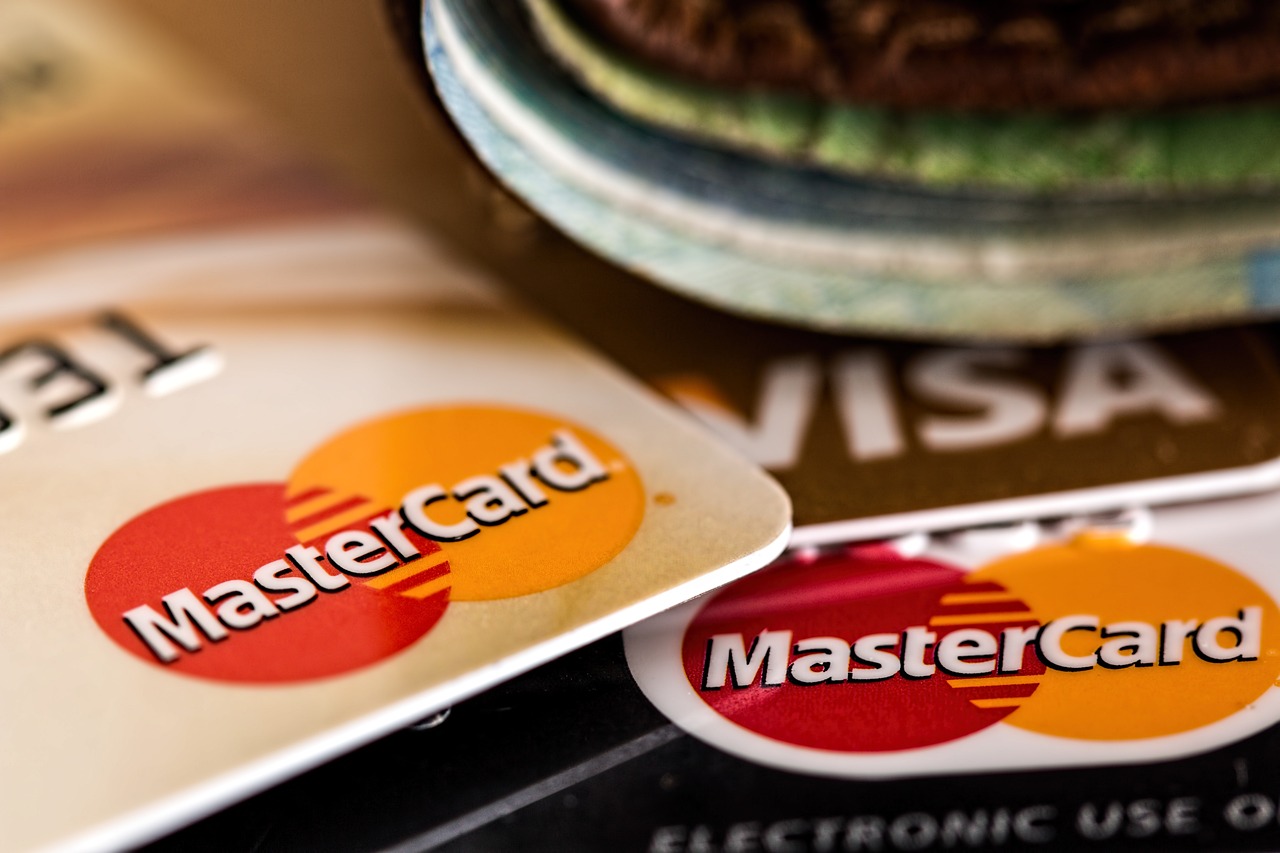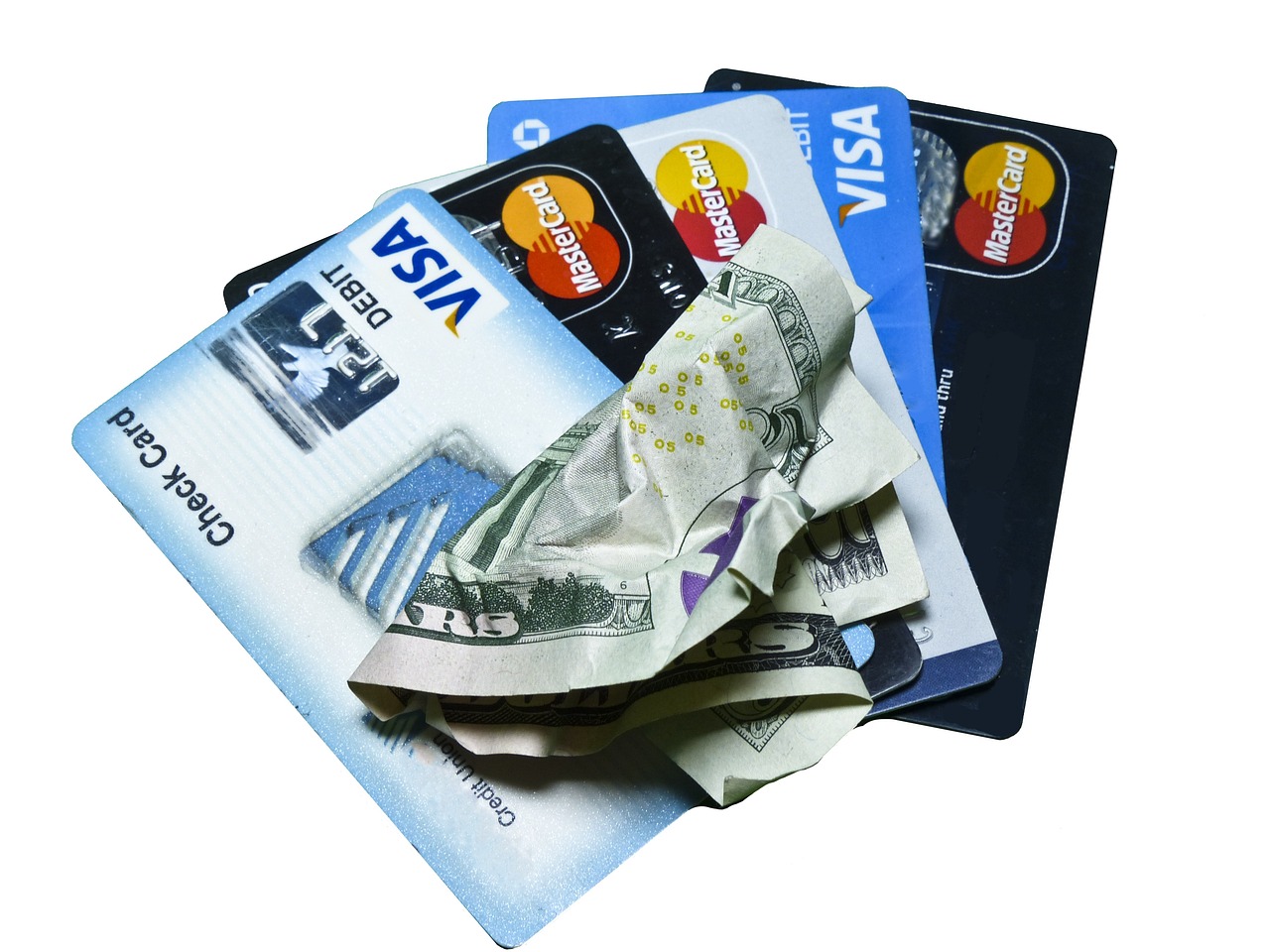In today’s digital era, credit cards have become an integral part of our daily financial transactions. They offer convenience, rewards, and instant access to credit when needed. But what happens when we find ourselves unable to meet the monthly payments? Or worse, what if we decide to ignore the growing pile of credit card debt? Many cardholders, either out of financial hardship or negligence, sometimes think it might be easier to avoid the issue. However, the repercussions of doing so can be severe and long-lasting.
A common question many borrowers have is, how often do credit card companies sue for non-payment? while not every instance of non-payment will end up in court, credit card companies are more likely to take legal action if you owe a significant amount and have been delinquent for an extended period. It’s essential to understand the cascading consequences that could be triggered once you stop making those credit card payments.
Late Fees and Penalty Interest Rates
One of the immediate consequences of missing a credit card payment is the accrual of late fees. If you miss the due date, credit card companies will typically impose a late fee, which can vary based on the card and the terms you’ve agreed to. These fees can accumulate quickly, adding to the already existing debt.
Additionally, if you continue to miss payments or only make the minimum payment, your interest rate may spike. Many credit cards come with penalty interest rates that can be significantly higher than your standard APR. Once activated, these higher rates can quickly inflate your debt, making it even harder to pay off.
Decline in Credit Score
Another significant consequence of neglecting credit card debt is the damage to your credit score. Payment history is a crucial factor in determining your credit score, accounting for approximately 35% of the total score. Late payments, especially those 30 days or more overdue, are reported to the credit bureaus and can lead to a substantial drop in your score. This drop can affect your ability to secure loans, mortgages, or even rent a property in the future.
Debt Collections
If your account remains unpaid for an extended period, usually around 180 days, the credit card company may write off your debt as a loss. However, this doesn’t mean you’re off the hook. Your account will likely be handed over to a collection agency. These agencies will then begin their attempts to recover the debt, which can include frequent calls, letters, and potentially even reporting the account to credit bureaus if they haven’t been reported already.
Debt Collection Lawsuits
When all other avenues have been exhausted, and you still haven’t settled your debt, the credit card company or the collection agency might decide to sue you for the amount owed. Winning the lawsuit could allow them to garnish your wages, levy your bank accounts, or place liens on your property. These legal consequences can be incredibly disruptive to your life, and the mere process of a lawsuit can be emotionally and financially draining.
Conclusion
Ignoring credit card debt might seem like a temporary solution when faced with overwhelming financial obligations. However, the long-term consequences far outweigh the short-lived relief of avoiding payments. From hefty late fees and soaring interest rates to a significant decline in credit score and potential legal action, the aftermath can be detrimental.
It’s always advisable to tackle credit card debt head-on. If you find yourself struggling, reach out to your credit card company. Most companies are willing to work with customers facing genuine financial hardships by offering payment plans or even temporary interest rate reductions. Taking a proactive approach can save you from the cascading repercussions of neglecting your debt. Remember, while credit cards can be a powerful financial tool, they come with responsibilities that cannot be ignored.






